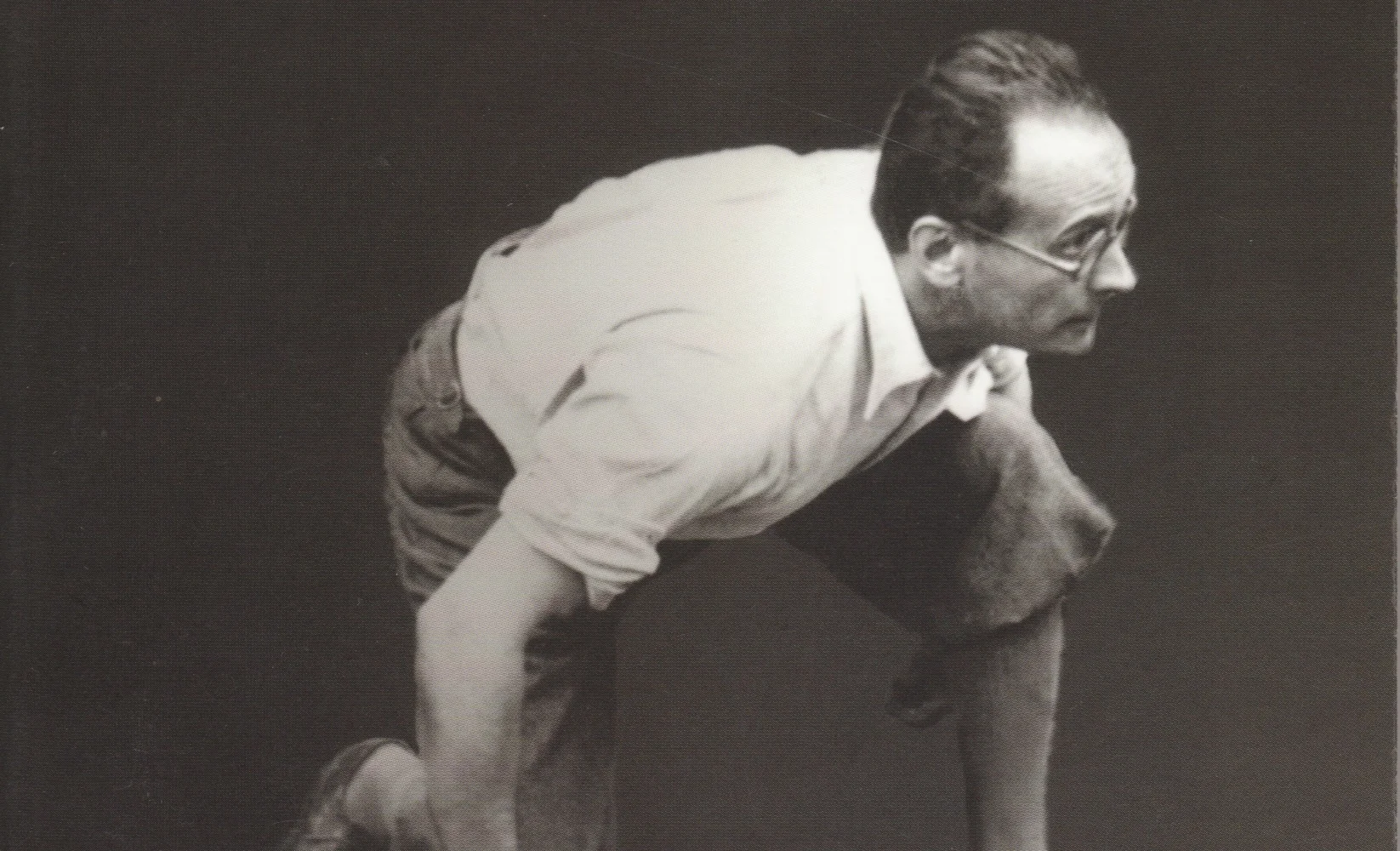Forgetfulness
Let us consider the question in terms of the minor second, the half-step, the most fundamental unit of the New Music.
Forgetfulness
The first part of Forgetfulness is a fictional monograph on the life of the Austrian modernist composer Anton von Webern (1883-1945). The collage-work monograph unfolds in a Webernian sequence of events and silences combining quotes from Webern, his friends and associates, and various historical and literary figures with short scenes, monologues, dialogues, newspaper articles, and theater and film scripts. The result is a lyrical panorama of early twentieth century Vienna.
The second part of the book takes place in Vienna on May 1st, 1986, shortly before the election of Kurt Waldheim as President of the Austrian Republic and shortly after the Chernobyl disaster. The three simultaneous, intertwining monologues of an archivist, a retired opera singer, and the author of the monograph, revisit the themes and events of the first part, commenting on postwar conceptions, analyses, and revisions of the period during which Webern lived, while continuously haunted by the specters of Waldheim and Chernobyl, the persistence of crimes that are immanent, unpaid for, or only dimly, disingenuously recalled.
"Michael Mejia's beautiful book Forgetfulness, like the music of Webern, Berg, and Schoenberg it describes, is at once rhapsodic and brilliantly patterned; intoxicating and starkly lucid; avant-garde and deeply lyrical; cleverly calculated and fiercely loving."
—M.T. Anderson, Fiction Editor, 3rd bed
"Like archeological discoveries that recast the present, Michael Mejia's astonishing novel Forgetfulness reconstructs what art does best. Imagine music—and fiction—as a portrait of how the world works, instead of as entertainment or any of its other uses, and you'll get an intimation of his achievement."
—Steve Tomasula, author of Vas: An Opera in Flatland







